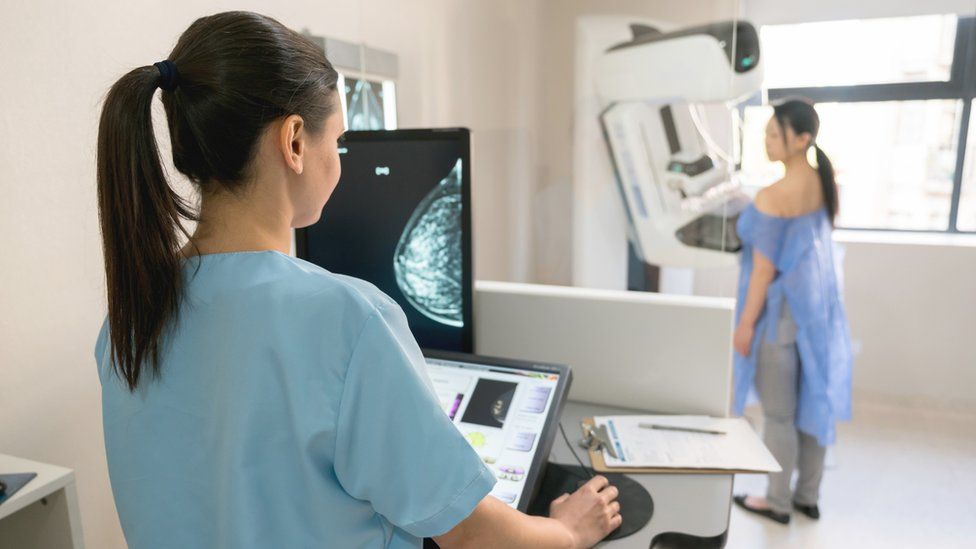
A drug called Anastrozole, previously used to treat breast cancer, has now been licensed as a preventative measure to reduce the incidence of breast cancer in post-menopausal women at moderate or high risk.
Recent trials have shown it can reduce breast cancer risk by nearly 50%.
Around 289,000 women could be eligible for this drug, potentially preventing 2,000 breast cancer cases in England, saving £15 million in treatment costs.
Anastrozole, an off-patent drug, is relatively affordable, costing around 4p per day per user.
The drug’s use as a preventative option was recommended by the National Institute for Health and Care Excellence in 2017 and has now been licensed as part of NHS England’s medicines-repurposing program.
It has been found to be more effective and have fewer side effects compared to tamoxifen, another preventative treatment.
Side effects of Anastrozole can include symptoms resembling the menopause, such as hot flushes, joint pain, and depression.
Patients experiencing side effects should consult their healthcare providers.
Anastrozole works by blocking the enzyme aromatase, reducing estrogen levels.
A 1mg tablet is taken once daily for five years, and its protective effect continues even after discontinuation.
This development has been welcomed by breast cancer charities as a major step forward for women with a significant family history of the disease.

Breast cancer is the most common cancer in England, with over 47,000 diagnoses each year, and eight out of ten cases are in women aged over 50.
Women with a mutation in the BRCA genes are at increased risk of breast and ovarian cancer.
Most women in the UK have a 15% chance of developing breast cancer in their lifetime, but this risk significantly rises with BRCA gene mutations.
Health Minister Will Quince expressed delight at the approval of Anastrozole for breast cancer prevention, emphasizing the positive impact it could have in stopping the disease from developing.
NHS CEO Amanda Pritchard hopes this represents the first step in making this risk-reduction option accessible to all who could benefit from it.
Source-BBC





